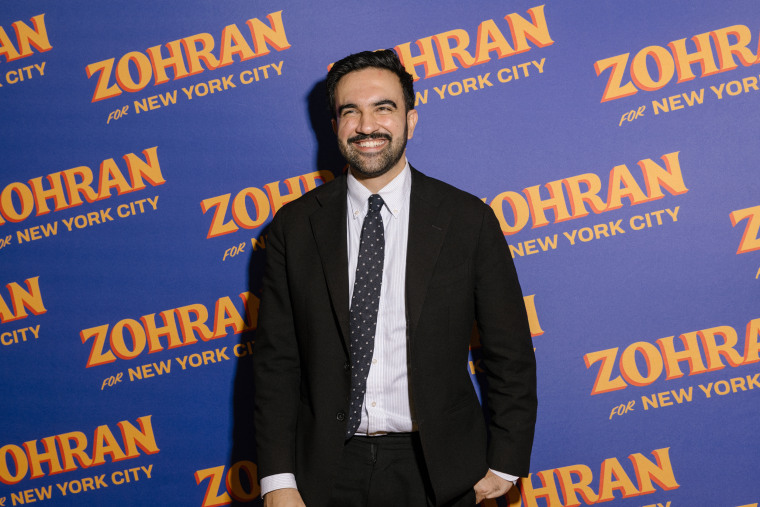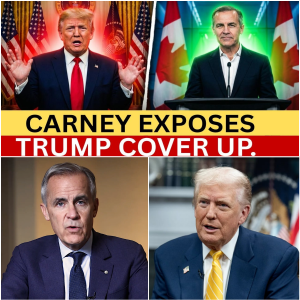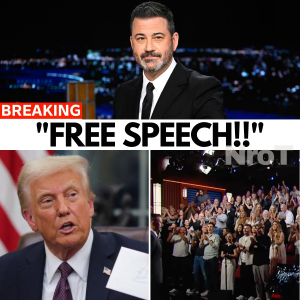New York City — the beating heart of capitalism, home to Wall Street, luxury towers, and some of the wealthiest zip codes on Earth — has just elected a self-described socialist as its next mayor.
Zohran Mamdani, a 33-year-old progressive firebrand and son of Ugandan-Indian immigrants, delivered what is being called one of the most defiant victory speeches in modern New York history. Standing before a roaring crowd in Queens, Mamdani declared:
“This isn’t just a win. It’s a generational awakening. We’re not managing the system — we’re rebuilding it.”
The message was clear: a new era of New York politics had arrived.

A Political Shockwave
Mamdani’s victory marks a dramatic shift in the city’s political landscape. Once dominated by centrists and technocrats, New York has now embraced a mayor who proudly champions democratic socialism — a term that, until recently, was considered politically radioactive in mainstream circles.
His platform reads like a manifesto for economic justice: rent control expansion, free childcare, universal public transit, and a citywide “Green Jobs Guarantee.”
“This is about power — who has it, and who deserves it,” Mamdani told reporters the morning after his win. “For too long, New York has worked for developers, landlords, and billionaires. Now it’s going to work for the people who make it run.”
Political observers describe Mamdani’s rise as a continuation of the leftward drift that began with figures like Alexandria Ocasio-Cortez and Bernie Sanders. But this moment, they say, feels different. It’s not just about ideology — it’s about a generation claiming its future.
The Rise of a Reluctant Revolutionary
Born in Kampala, Uganda, and raised in New York, Zohran Mamdani’s story embodies the city’s immigrant grit. Before entering politics, he worked as a housing counselor and organizer in Astoria, helping tenants fight evictions.
It was there, he says, that he learned how power really worked. “Every week, I watched billion-dollar landlords crush families who just wanted to stay in their homes,” he recalled. “That’s when I realized — if the law protects the powerful, the law needs to change.”
Mamdani first made waves as a State Assembly member, championing causes like affordable housing and criminal justice reform. His charisma, policy fluency, and unapologetic activism drew a new generation of voters — especially young people, renters, and working-class families fed up with rising costs and stagnant wages.
A Movement, Not a Moment
Supporters describe his campaign as more than politics — it was a movement. Volunteers packed subway stations, community centers, and digital forums, mobilizing tens of thousands under the banner “New York for All.”
At rallies, Mamdani often repeated his core message: “Housing is a human right. Transit is a public good. Childcare is an investment, not a luxury.”
Critics, however, warn that his ambitious agenda could come with massive costs.
Dr. Michael Behrens, an economist at Columbia University, cautioned that “Mamdani’s proposals, while emotionally powerful, could require tax increases that drive businesses out of the city.”
But Mamdani’s team insists that’s a false choice. “The wealth exists,” said campaign strategist Leila Qureshi. “It’s just concentrated in the hands of too few. We’re not asking for miracles — we’re asking for fairness.”
Wall Street on Edge
In the financial district, the mood is far less celebratory. Several major investment firms have privately expressed concern that Mamdani’s plans could “destabilize the city’s fiscal balance.”
A leaked memo from one Manhattan lobbying group described the election as “a socialist incursion into the heart of American capitalism.”
Property developers are already bracing for new rent regulations and luxury taxes, while transit officials are preparing for what could become the largest public transportation overhaul in decades.
Yet, despite the criticism, Mamdani appears undeterred. “If Wall Street is nervous,” he said with a smirk during his victory press conference, “then maybe we’re finally doing something right.”

The Challenge Ahead
Turning campaign promises into policy will be no small feat. New York City’s budget is tightly bound by state and federal law, and Mamdani’s plans — particularly his housing and transit reforms — could require billions in new funding.
Still, analysts note his early strategy is shrewd. He’s calling for a “People’s Budget,” an open public process that would let citizens directly weigh in on spending priorities. It’s a populist move designed to rally grassroots pressure against bureaucratic resistance.
His team is also in talks with progressive mayors from Chicago, Seattle, and Los Angeles to form what he’s calling a “Coalition of Cities for the Working Class,” aiming to coordinate national action on housing and climate policy.
“Power doesn’t change on its own,” Mamdani said in his victory address. “It shifts when people demand it — together.”
Reactions Across the Nation
The response from Washington has been mixed. President Biden congratulated Mamdani, calling him “a passionate advocate for the people of New York,” but stopped short of endorsing his socialist label.
Republicans, meanwhile, pounced on the moment. Senator Ted Cruz called the victory “a preview of what happens when socialism takes hold — empty wallets and broken cities.”
Progressives, however, see the election as a turning point. Representative Alexandria Ocasio-Cortez tweeted:
“New York just sent a message to America: the future belongs to the people, not the powerful.”
A New York at a Crossroads
As dawn broke over the skyline the morning after the election, the city felt both familiar and foreign. Street vendors opened their carts. Bankers rushed to the subway. Taxi drivers argued in traffic. But something in the air had shifted — a sense that the city’s next chapter might look very different.
Mamdani’s face appeared on the front page of nearly every newspaper, framed by one line that captured the moment: “The Revolution Begins at City Hall.”
Whether he succeeds or stumbles under the weight of expectation, one thing is undeniable — New York’s political soul has changed.
As one supporter outside Union Square put it:
“For the first time in my life, I feel like the city sees me.”
And for Zohran Mamdani, that — not power, not politics — might be the real victory.






